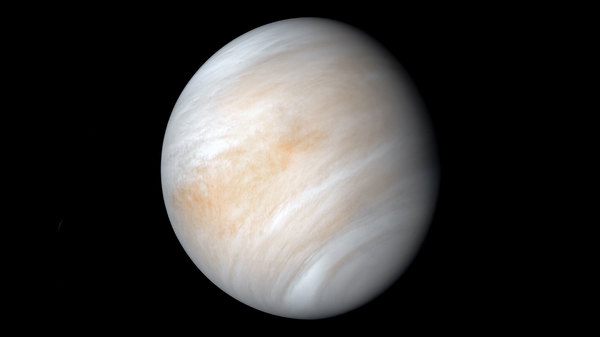December Is the 12th Month of the Year
December is the first month of winter in the northern half of the world. In the southern half, it is the first month of summer.

One of December’s birth flowers is the holly.
©bigstockphoto.com/Juriah
December is the twelfth and last month in the Gregorian calendar and has 31 days. The December solstice on December 21 or 22 marks the beginning of winter in the Northern Hemisphere.
Count Down to Christmas with timeanddate.com
Why Is December Not the Tenth Month?
The meaning of December stems from the Latin word decem, meaning ten. The old Roman calendar started in March, making December the tenth month. When the Roman senate changed the calendar in 153 BCE, the new year started in January, and December became the twelfth month.
December Solstice
The December solstice on December 21 or 22 is also known as the winter solstice. It is the shortest day of the year in the Northern Hemisphere and marks the beginning of the (astronomical) winter season there.
In the Southern Hemisphere, it is called the summer solstice. There, it is the longest day of the year and the beginning of the (astronomical) summer season.
Christmas Eve and Christmas Day
Christmas means the Mass of Christ and is one of the central holy days for Christians. They believe Jesus Christ was born on December 25, on Christmas Day. The night before is known as Christmas Eve.
Seven weird and wonderful Christmas traditions
December was a month of celebration even before Christendom: In Roman times, the mid-winter festival of Saturn was celebrated – the Saturnalia. It was a time of feasting and merry-making; even slaves and their masters switched places for a while. The Saturnalia culminated with the winter solstice, which fell on December 25 in the Roman calendar.

Evergreen holly leaves are symbols of new life in winter – here as decoration on a traditional fruit cake.
©iStockphoto.com/Azurita
New Year’s Eve
As the last month of the year in the Gregorian calendar, December ends with New Year’s Eve on December 31. Many people around the world count down to the new year and celebrate with fireworks and well-wishes. Although in many other cultures, the new year begins on very different dates.
10 curious facts about New Year
Astronomical Events in December 2024
December 13/14, 2024 – Geminid Meteors: One of the year’s best meteor showers, the Geminids peak on the night of December 13 and early morning hours of December 14, 2021, but will be visible from December 4-20.
December 22/23, 2024 – Ursid Meteors: Catch the shooting stars of the last major meteor shower of the year, the Ursids, when it peaks between the night of December 22 and 23.
See all events in the Cosmic Calendar

The Ursid meteor shower peaks at the end of December.
©iStockphoto.com/Maks08
History of December
In the old Roman calendar, December was called mensis december, the tenth month, because the Roman calendar started in March. December initially had 29 days.
In 154 BCE, a rebellion forced the Roman senate to change the beginning of the civil year from March to January 1. With this reform, December officially became the twelfth month in the year 153 BCE.
In the year 46 BCE, Julius Caesar introduced a new calendar system—the Julian calendar. He added ten days to the year and introduced the leap day. In the new Julian calendar, December was expanded to 31 days.
Historical Events in December
December 14, 1962 – First contact with another planet. The American space probe Mariner II traveled 107 days until it passed Venus—at only 34,773 km (21,607 mi) distance. Mariner II sent back measurements of Venus’ atmosphere and temperature on the planet’s surface.

Venus captured by NASA’s Mariner 10 spacecraft.
©NASA
December Birthstone and Birth Flowers
According to tradition, the birthstones for December are the turquoise, the zircon, and the tanzanite. Its birth flowers are the holly and the narcissus.
Zodiac Signs in December
- Sagittarius (Archer): November 23 – December 21
- Capricorn (Horned Goat): December 22 – January 22